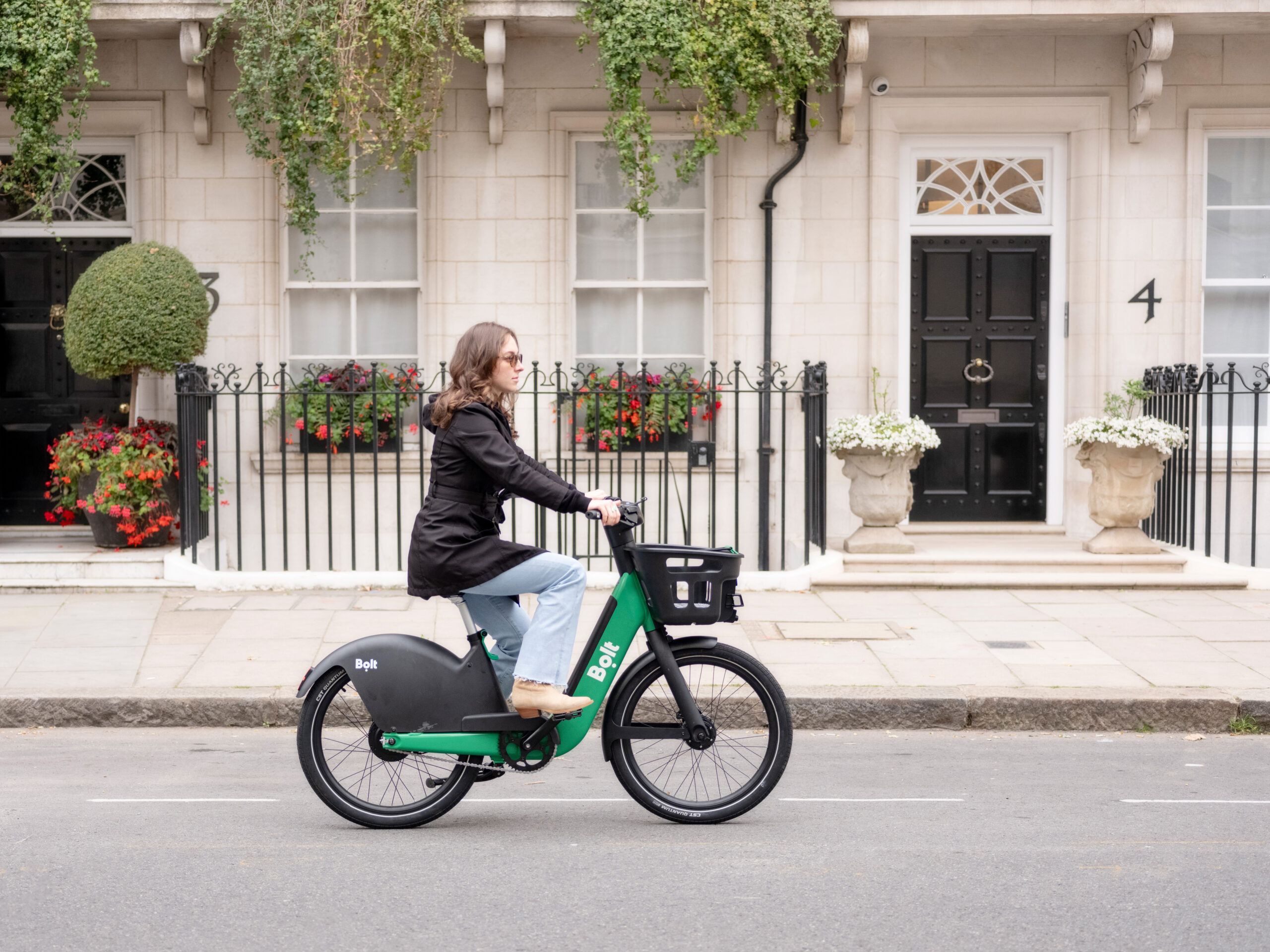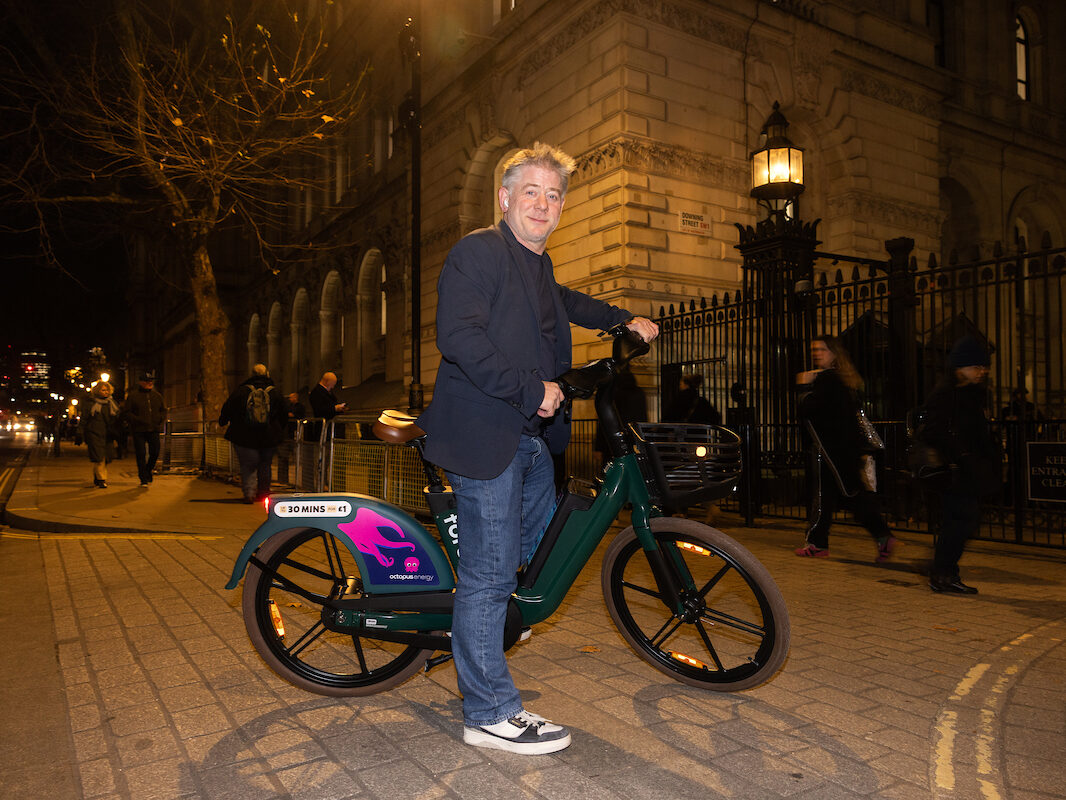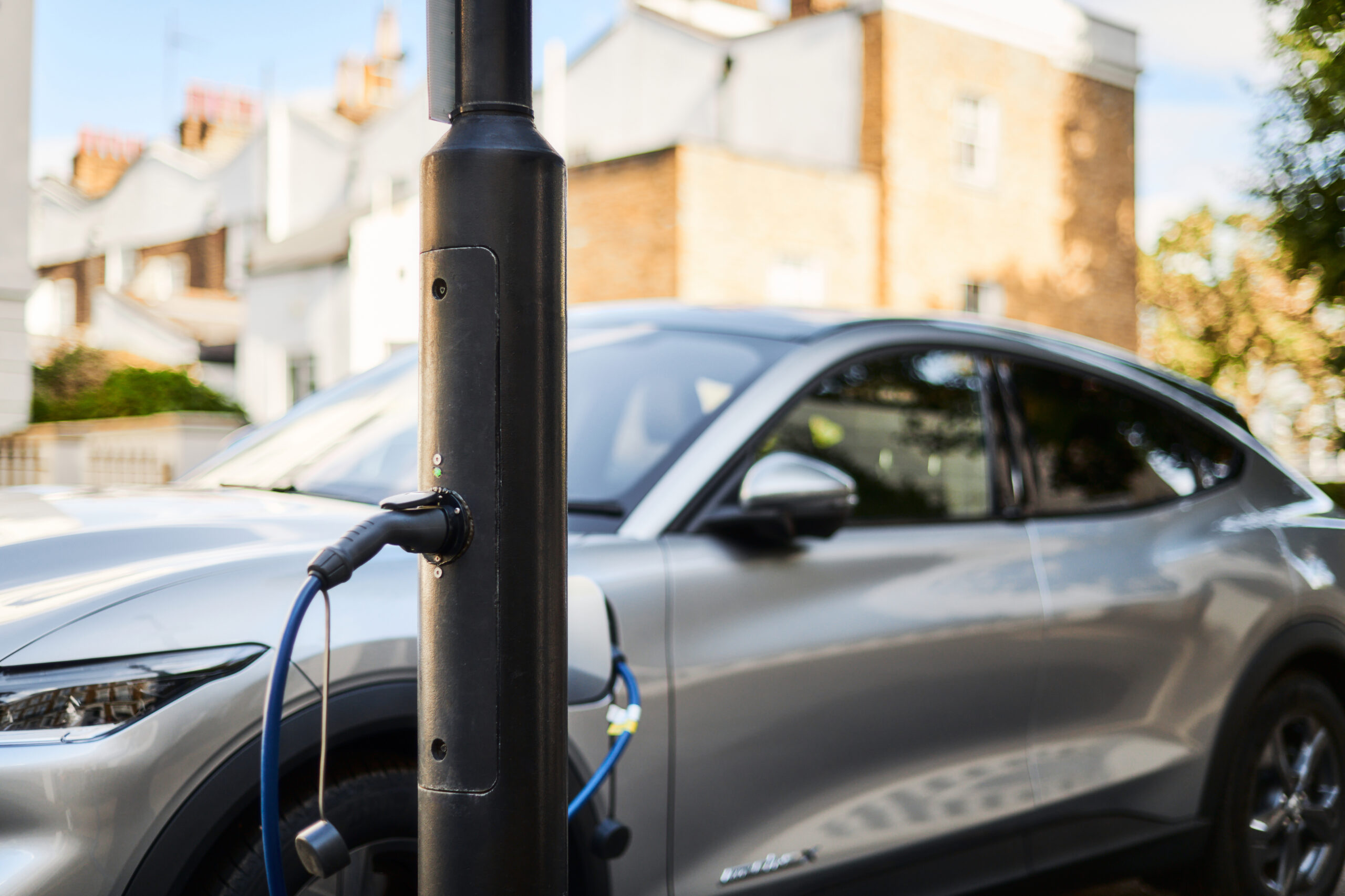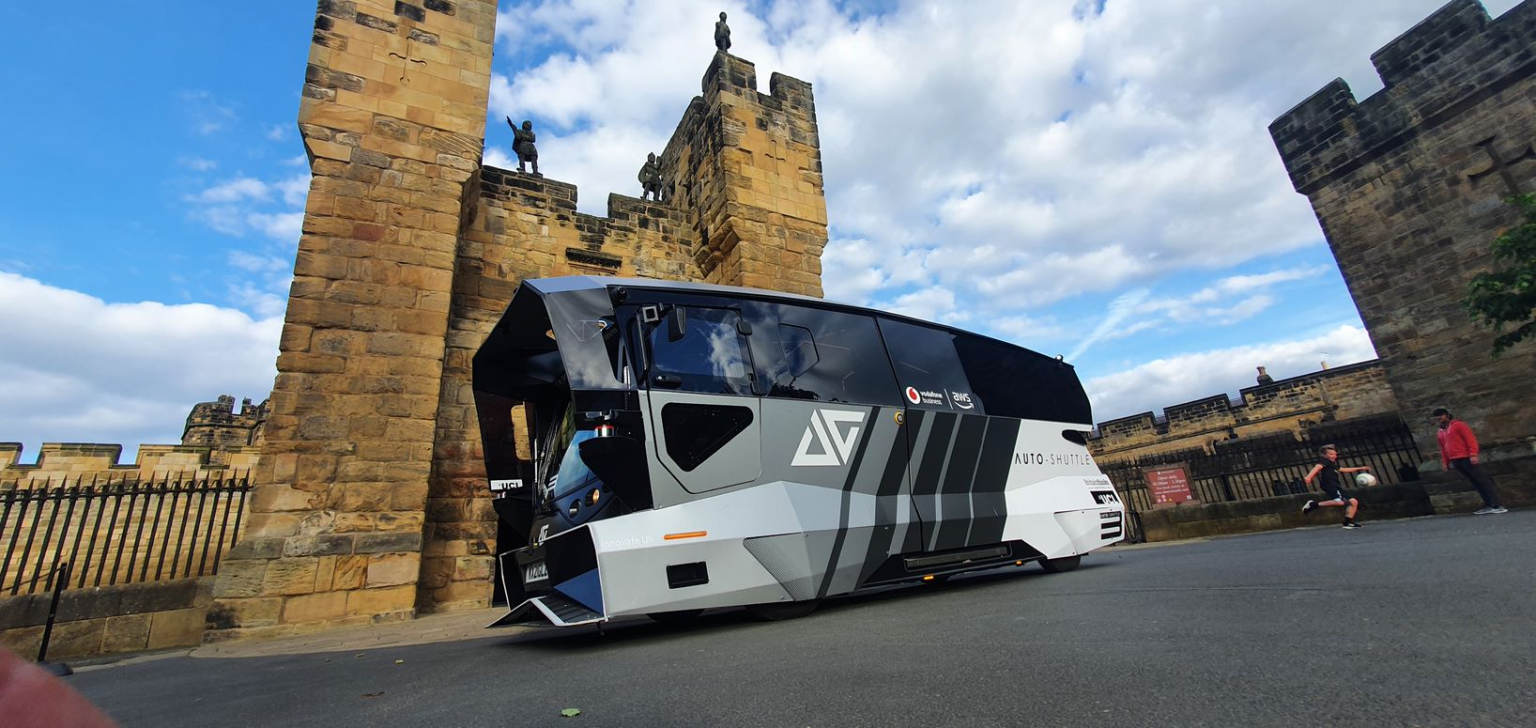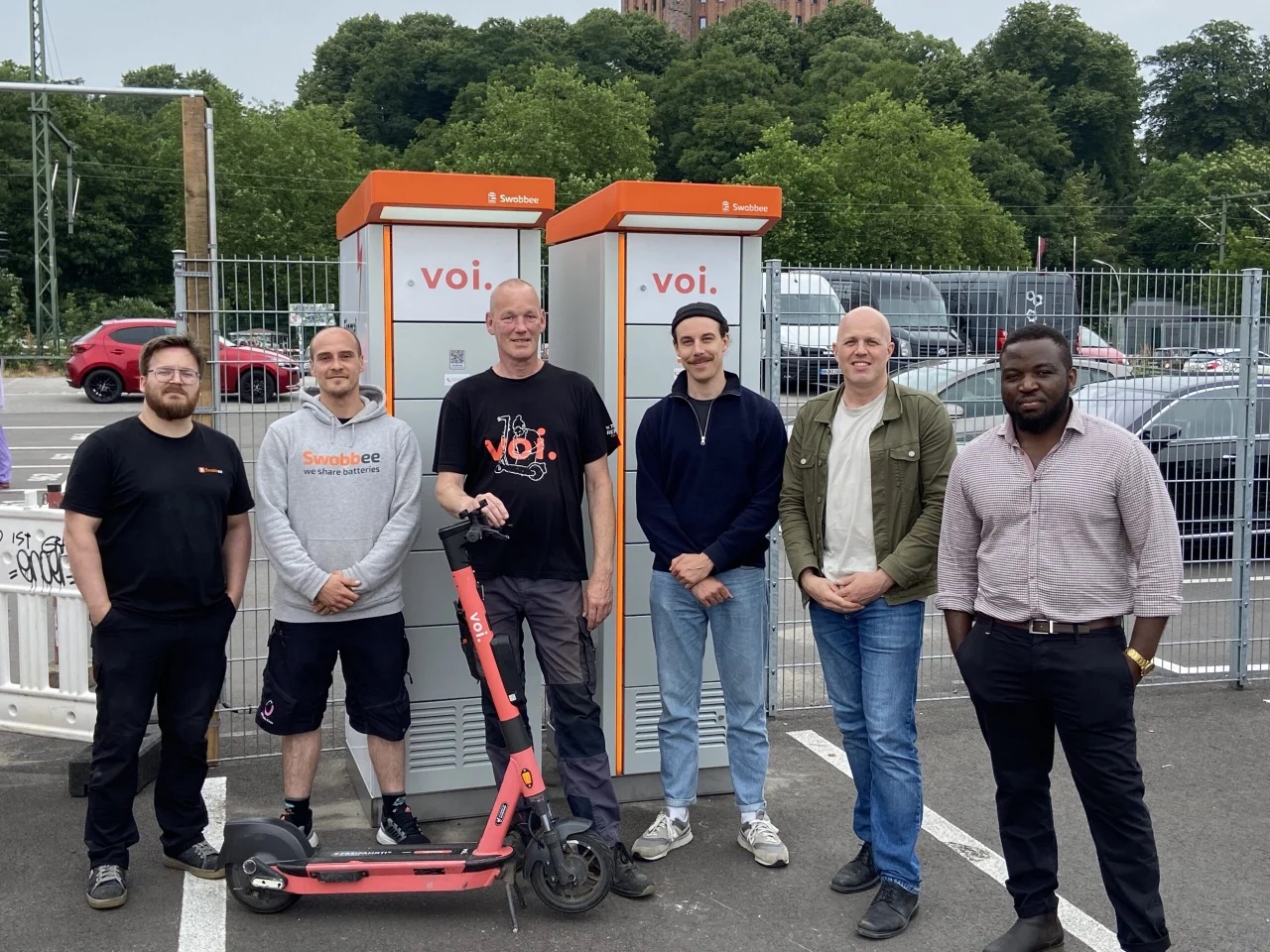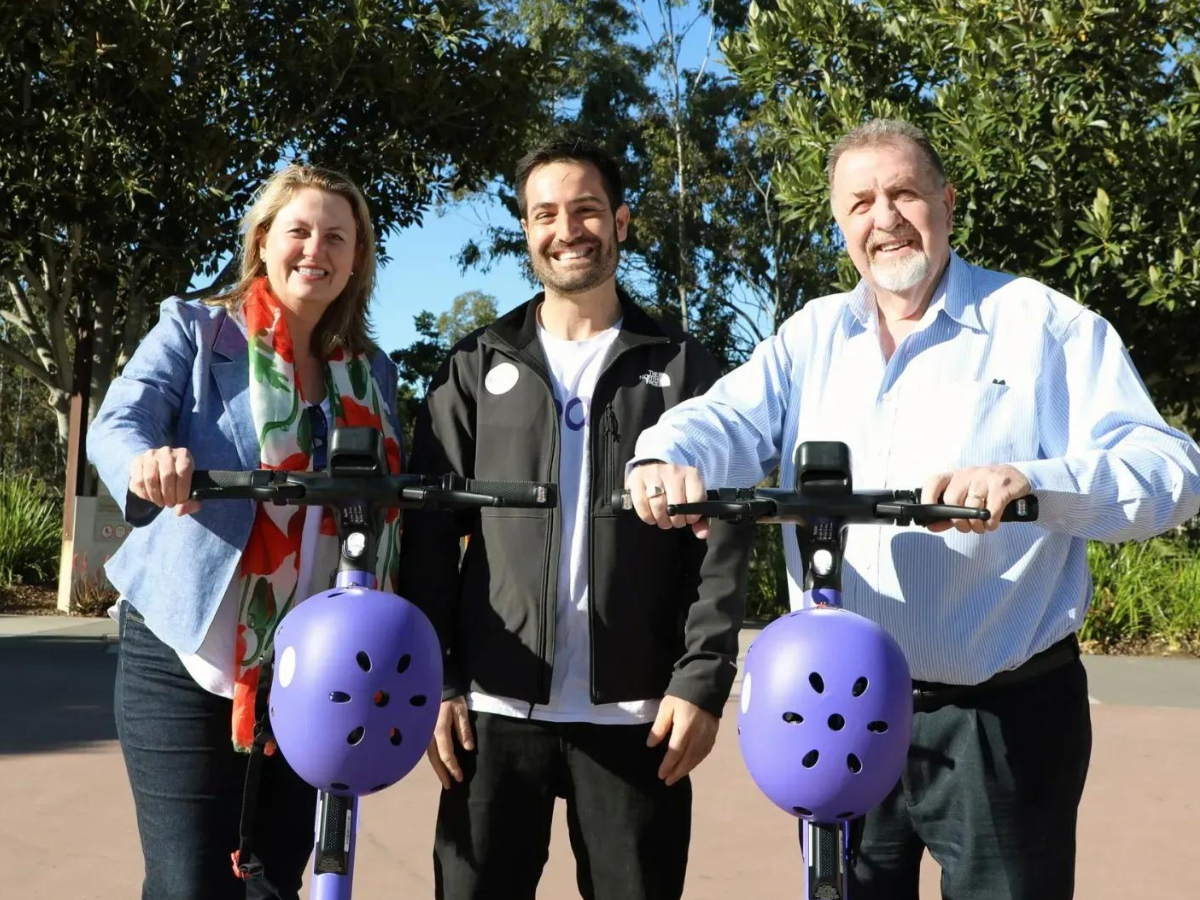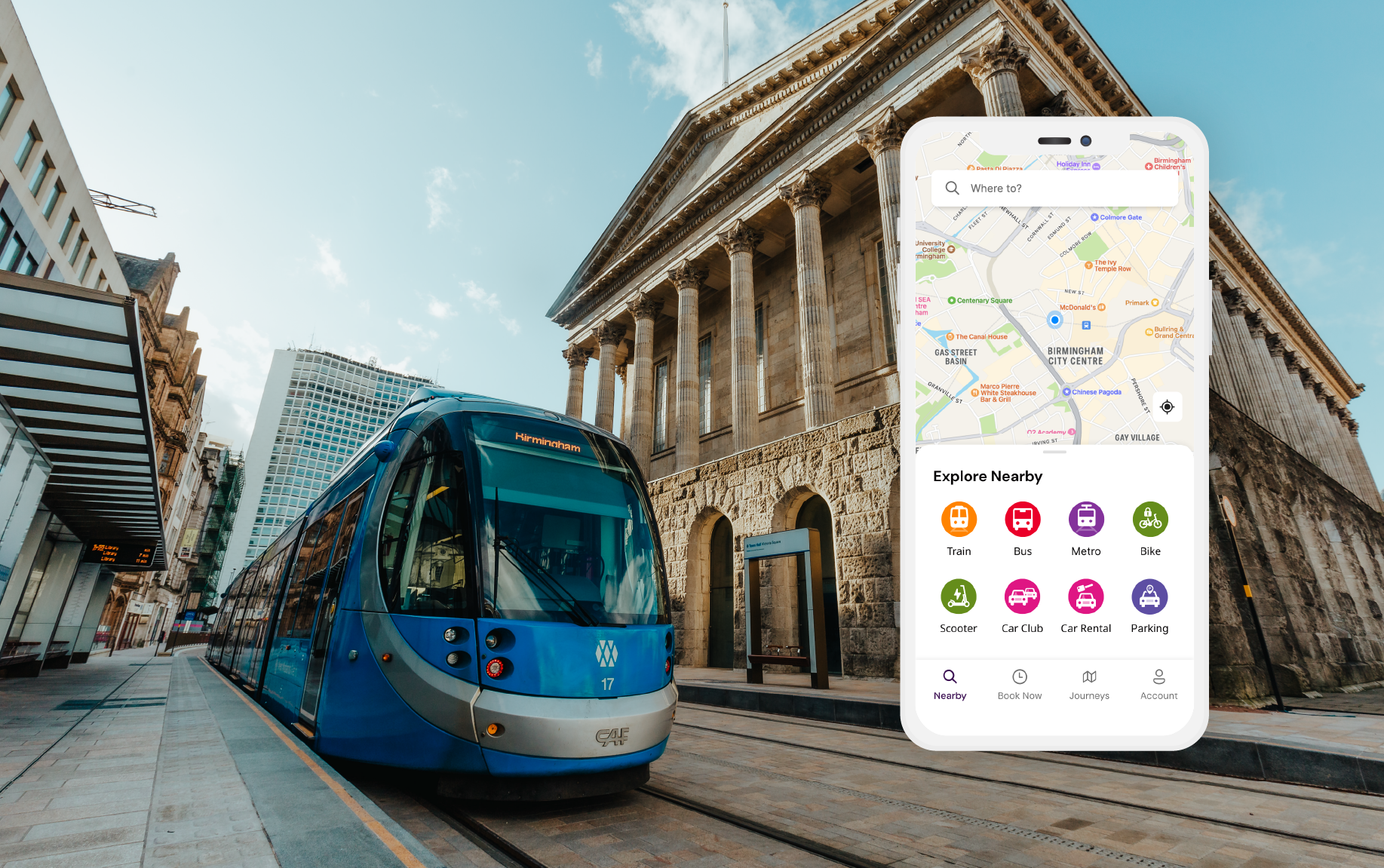The Department for Transport (DfT) has awarded a contract to the Transport Research Laboratory (TRL) and WMG at the University of Warwick to recommend future technical requirements for e-scooters in the UK.
Throughout this research project, TRL, supported by WMG will determine how future technical requirements for e-scooter vehicles could promote safe, sustainable and inclusive usage.
To support the long-term rollout of e-scooters, the DfT has announced plans to create a new Low-Speed Zero Emission Vehicle (LZEV) category. E-scooters will be the first vehicles to be included in this regulation under their own sub-category.
With this contract, the DfT is thus seeking evidence to identify the technical requirements for the design, construction and maintenance of these vehicles.
It is hoped that the recommendations will help develop effective regulations to ensure e-scooters are as safe as possible for riders and other road users while also being inclusive for people with disabilities and making a net positive contribution towards reducing carbon emissions.
TRL’s Head of New Mobility, Dr George Beard, said:TRL has in-depth knowledge and experience of developing national and international regulations and standards. We will be working with DfT, WMG and the wider industry to ensure our recommendations help to deliver a regulatory mechanism to encourage safe, sustainable and inclusive e-scooters, and which is mindful of the needs of, and practical challenges faced by the industry.
We believe that e-scooters can represent a genuine modal alternative for many transport users and, if implemented right, can be a valuable part of delivering the UK’s decarbonisation goals.
The project is expected to take approximately 10 months. The DfT will also require a Transport Bill to provide regulatory powers for new LZEVs, and the timing for this bill is currently unspecified.




